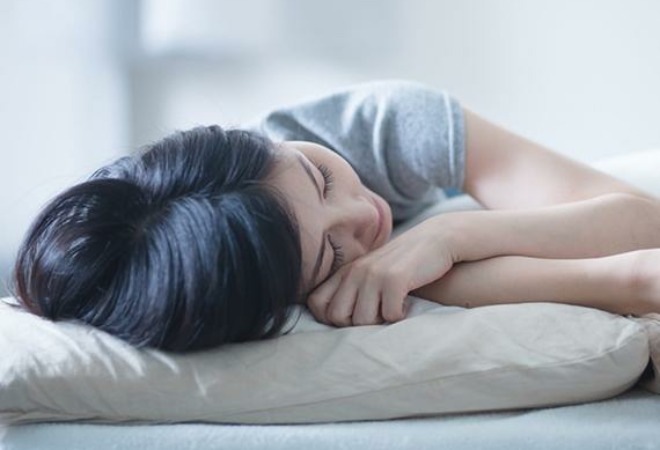Sleep problems often increase with age, despite our sleep needs staying the same. Conditions like hypertension, menopause, reflux, and arthritis can make sleep difficult. Maintaining healthy sleep habits and consulting a doctor can help improve sleep quality. This guide covers common sleep issues, their causes, and tips for better sleep, especially for seniors.
Sleep tips for seniors
Common sleep problems
As people age, they tend to have a harder time falling asleep and more trouble staying asleep. However, research shows our sleep needs to remain constant throughout adulthood. Changes in the patterns of our sleep occur as we age and may contribute to sleep problems.
Sleep tips for seniors
Medical problems
Increased medical problems come with aging. In general, people with poor health or medical conditions can have more sleep problems. For example:
- Hypertension is associated with both snoring and sleep apnoea
- Menopause can lead to restless sleep
- Reflux can cause difficulty both falling and staying asleep
- The pain and discomfort of arthritis and other musculoskeletal conditions such as back pain can make it difficult to sleep through the night
- Medications can sometimes affect sleep.
Sleep tips for seniors
Healthy sleep
Healthy sleep on a regular basis keeps you alert during waking hours. There are a number of behavioural modifications you can make to establish healthy sleep. These include:
- Using your bed and bedroom for sleep only
- Therapy to help modify attitudes and beliefs that may contribute to poor sleep
- Relaxation training, which often involves reducing tension and muscular relaxation techniques
- Restricting time in bed if you spend too much of that time awake.
If you are experiencing difficulty sleeping, consider whether an event or particular stress could be the cause. If so, the problem may resolve in time. If not, talk to your doctor about your symptoms.
It is helpful to keep a week-long record of your sleep and fatigue levels throughout the day, as well as any other symptoms you might have, and talk to your doctor.
Sleep tips for seniors
Insomnia and aging
Insomnia is more common among older adults. It may be chronic (lasting more than one month) or acute (lasting a few days or weeks) and is often related to an underlying cause such as a medical or other condition.
WHAT CAUSES INSOMNIA?
Insomnia can be a disorder in its own right, but is often a symptom of some other disease or condition. It may be induced by stress from a disturbing occurrence or anticipation of upcoming events. Often it can relate to a medical condition.
Symptoms of Insomnia Include:
- Difficulty falling asleep
- Waking up frequently
- Difficulty returning to sleep
- Waking up too early
- Unrefreshing sleep
- Daytime sleepiness
- Difficulty concentrating
- Irritability.
BEST WAYS TO TREAT INSOMNIA?
It is worthwhile to speak to your doctor about insomnia symptoms and any effects they may have. If insomnia is creating serious effects or making you too tired to function normally during your day time, this would suggest that you should seek help.
When effects are serious and untreated, insomnia can take a toll on your health. People with insomnia can experience excessive daytime sleepiness, difficulty concentrating and increased risk of accidents and illness.
Both behavioural therapies and prescription medications singularly or in combination are considered an effective means of treating insomnia. This should be discussed with your doctor.




